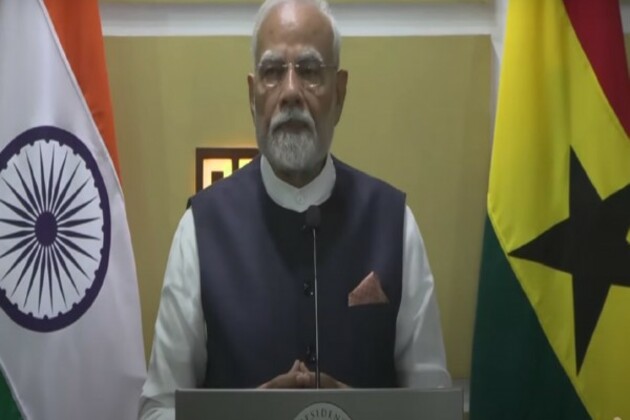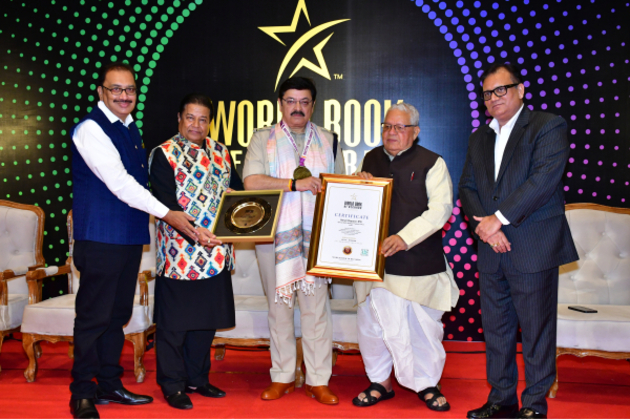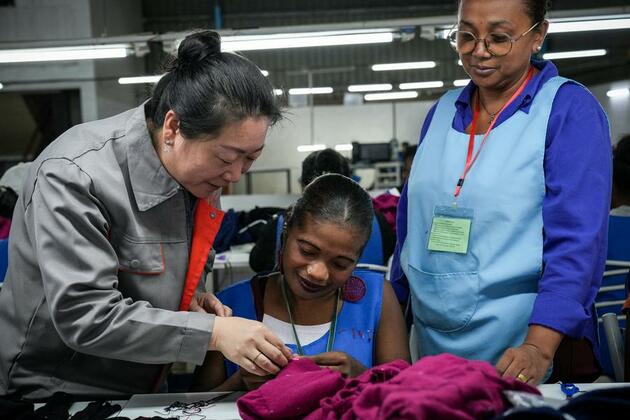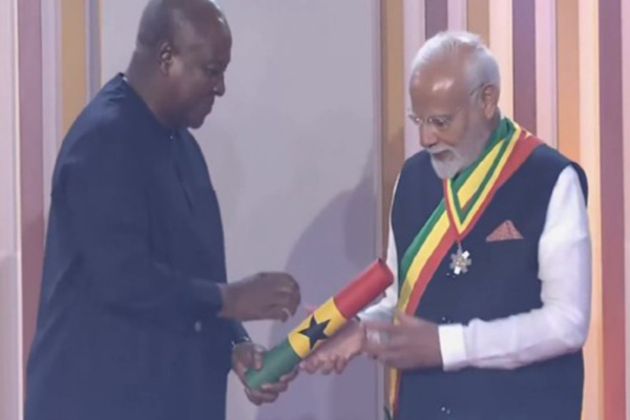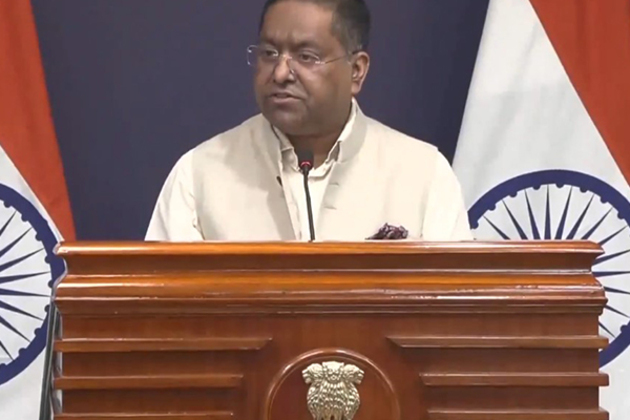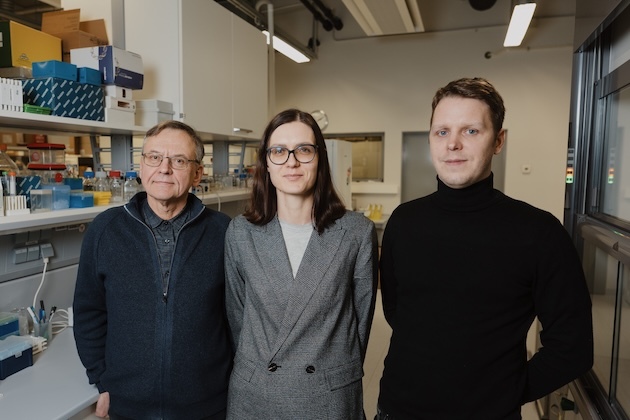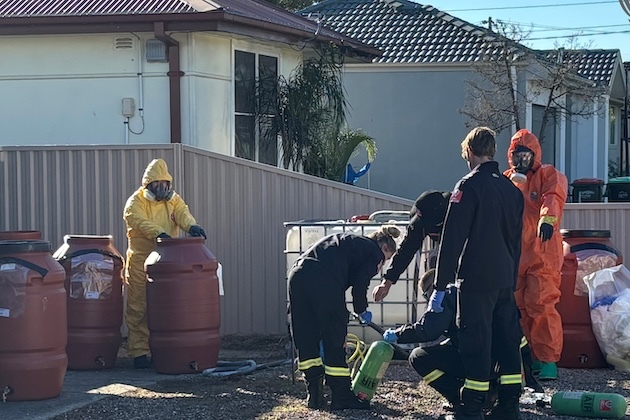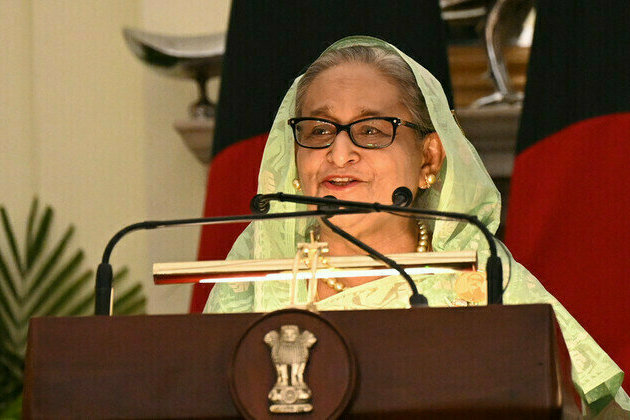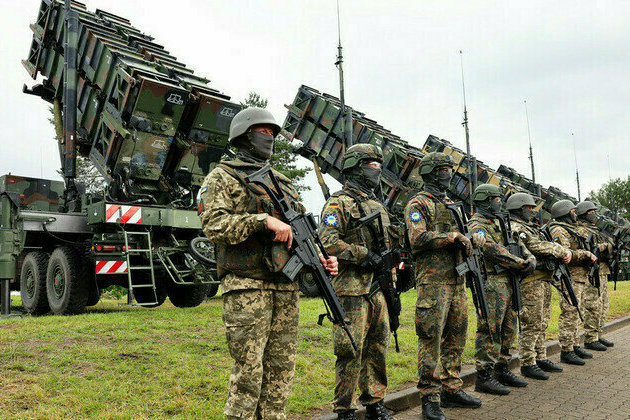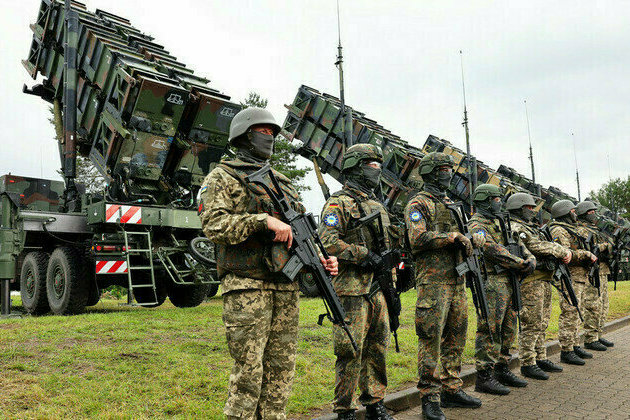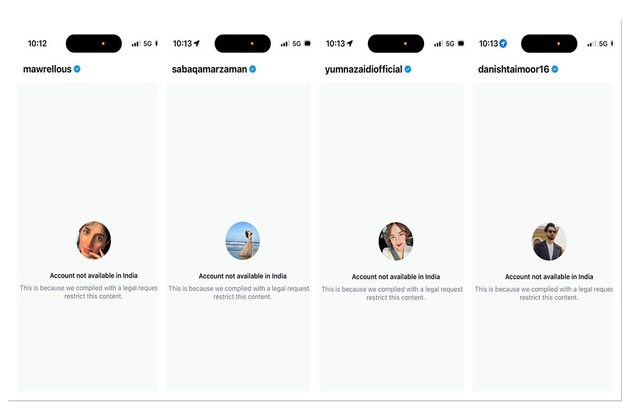Eco labels in South Africa don't do the job: how to help customers make informed choices
The Conversation
03 Jul 2025, 07:44 GMT+10
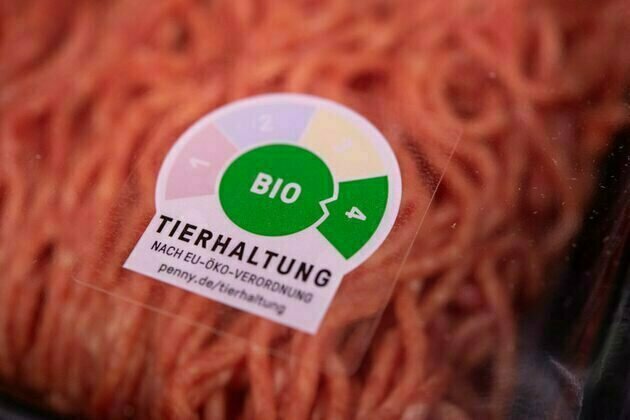
South Africans want to shop more sustainably, according to research published in the journal Sustainable Development. But most can't tell which products are environmentally friendly.
Some food manufacturers have introduced eco labels - a certification symbol placed on product packaging. This indicates the product meets specific environmental standards set by a third party organisation.
These labels are meant to signal to consumers that a product has been produced in a way that limits harm to the environment. But our recent study with 108 South African consumers showed low recognition of eco labels, widespread confusion, and a need for clearer guidance.
The results show that most South African shoppers are unfamiliar with these labels or unable to differentiate between real and fictional ones.
In the European Union eco labels like the EU Energy Label are easily understood and highly visible. They are also usually supported by government awareness campaigns. Other examples of labelling systems that work well include those of Germany and Japan.
These countries show that long term institutional support, mandatory labelling in key sectors, and consistent public messaging can greatly improve eco label recognition.
We concluded from our research that South Africa lacks that national visibility and public education, leaving even motivated consumers unsure of what labels to trust. Based on our findings we recommend steps businesses, government and nonprofits can take to ensure that eco labels are clear, visible and understood.
The EU Energy Label is used on appliances such as fridges, washing machines and light bulbs to indicate their energy efficiency on a scale from A (most efficient) to G (least efficient).
In countries like Germany and Japan, eco labels are government backed as well as being integrated into school curricula, public service announcements and shopping platforms.
Germany's Blue Angel label, which states "protects the environment", has been in use since the 1970s. It appears on over 12,000 products and services, including paper goods, cleaning products, paints and electronics, that meet strict environmental criteria. It is supported by ongoing public education campaigns.
In Japan the the Eco Mark appears on products with minimal environmental impact. It appears on items like stationery, detergents, packaging and appliances. Many retailers display explanations next to these products to help consumers understand the label.
We conducted a structured online survey of 108 South African consumers. Participants were asked about their environmental awareness and their ability to recognise both real and fictional eco labels across ten images. According to the global directory of eco labels and environmental certification schemes, there are around 50 eco labels in South Africa.
The EU Energy Label was the most recognised (87%).
The Afrisco Certified Organic label, which is a legitimate South African label, was the least recognised, identified by just 22% of respondents.
Fictional labels were mistakenly identified as real by many participants, revealing widespread confusion.
Only 3 out of 10 labels were recognised by at least half the participants, suggesting a general lack of eco label awareness. These include the Energy Star Eco label; the EU Energy label and the Forest Stewardship council label.
Age and employment status were significantly related to environmental awareness. Older and employed individuals showed higher levels of awareness.
These findings suggest that consumers are not opposed to eco labels, they simply lack the knowledge and confidence to use them effectively.
Eco labels have the potential to build brand trust, drive green purchasing behaviour, and support national sustainability goals. But they only work if consumers recognise and trust them.
In South Africa, inconsistent use, small label size, and a lack of consumer education are holding eco labels back from achieving their purpose.
Based on our findings, we recommend the following:
Use recognised and credible labels: Third-party certified labels are more trustworthy and reliable.
Improve label visibility: The most recognised label in our study was the EU Energy Label and was also the most prominent. Small, cluttered logos go unnoticed.
Educate your market: Explain what eco labels mean through packaging, marketing, and digital platforms.
Partner with government and NGOs: Awareness campaigns at national and community levels can help standardise eco label understanding.
Tailor communication efforts: Awareness efforts should consider age and employment demographics, as these affect levels of environmental engagement.
South Africans are willing to support environmentally responsible products, but they need help identifying them.
Businesses, government and nonprofits all have a role to play in making eco labels clearer, more visible, and more trustworthy.
Eco labels must become more than symbols. They should be tools for transparency and trust, and a gateway to more sustainable shopping.
 Share
Share
 Tweet
Tweet
 Share
Share
 Flip
Flip
 Email
Email
Watch latest videos
Subscribe and Follow
Get a daily dose of Kenya Star news through our daily email, its complimentary and keeps you fully up to date with world and business news as well.
News RELEASES
Publish news of your business, community or sports group, personnel appointments, major event and more by submitting a news release to Kenya Star.
More InformationAfrica
SectionIndia to elevate bilateral relationship with Ghana to "Comprehens
Accra [Ghana], July 3 (ANI): Prime Minister Narendra Modi on Wednesday (local time) announced that India and Ghana have agreed to elevate...
World Book of Records Award Ceremony Held in India, Honouring Achievers across continents
SMPL New Delhi [India], July 3: World Book of Records Award Ceremony was held at The Park Hotel, honouring individuals from India...
Chinese cashmere giant weaves 28 years of China-Africa collaboration
HOHHOT, July 3 (Xinhua) -- In an industrial park in Madagascar's capital, Antananarivo, machines hum as local workers skillfully craft...
Sri Lanka crush Bangladesh with historic collapse in 1st ODI, win by 77 runs
Colombo [Sri Lanka], July 3 (ANI): Sri Lanka spinners Wanindu Hasaranga and Kamindu Mendis bagged seven wickets in the match as hosts...
Recognition of his steadfast efforts in strengthening voice of Global South: Jaishankar as PM Modi receives Ghana's highest state honour
Washington, DC [US], July 3 (ANI): As Prime Minister Narendra Modi has been conferred the national honour of Ghana, Officer of the...
3 indians abducted from factory amid al-Qaeda linked terrorist attack; India urges Mali to secure their safe, swift release
New Delhi [India], July 3 (ANI): The Ministry of External Affairs (MEA) has expressed deep concern over the abduction of three Indian...
World
SectionMethionine Restriction Could Extend Lifespan, Boost Health
VILNIUS, Lithuania – A growing body of research suggests that selectively restricting a single nutrient in our diet could have profound...
Western Sydney raid results in seizure of $25 Million in drugs
SYDNEY, NSW, Australia - , Australian Federal Police (AFP) have shut down a secret drug lab in Sydney's west and seized more than 100kg...
Bangladeshs former PM sentenced to 6 months in prison media
A Dhaka-based war crimes tribunal has found Sheikh Hasina guilty of contempt of court Former Bangladeshi Prime Minister Sheikh Hasina...
Ukraine looking to EU to bypass US weapons freeze Politico
Several bloc members are reportedly weighing options to buy American weapons to be handed over to Kiev Ukraine wants its EU backers...
Ukraine trying to bypass US weapons freeze Politico
Several EU members are considering whether to buy American weapons for Kiev, according to the outlet Ukraine wants its EU backers...
Pakistani celebrities' social media accounts remain blocked in India
New Delhi [India], July 3 (ANI): The social media accounts of several Pakistani actors and cricketers remain blocked after it was reported...

